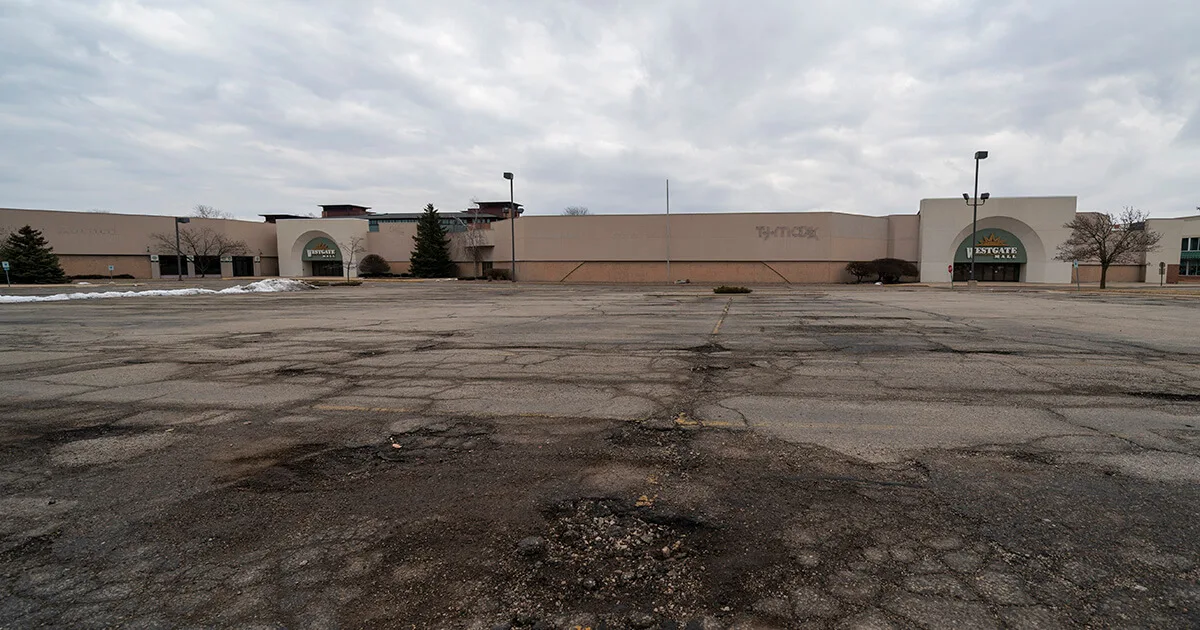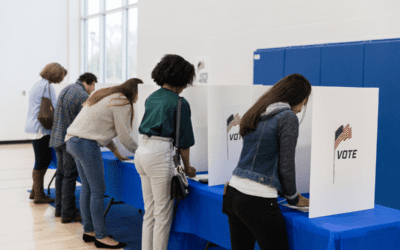
#image_title
Corporate tax break survived 2019 despite bipartisan support to end tax shift to homeowners
The city of Appleton has paid more than $1 million during the past five years — most of that cost borne by homeowners — because of a loophole in state law that often results in big-box retailers paying a lower property tax bill than the total at which they were once assessed.
“The dark store loophole means more business costs are being transferred to homeowners,” Appleton city assessor DeAnn Brosman said.
In communities across Wisconsin, homeowners increasingly are footing the bill in the form of higher property taxes as a growing number of businesses — many of them large retailers such as Walgreens, CVS, Wal-Mart and Menards — successfully contest property tax assessments levied against them. From 2014-17, more than 100 Wisconsin businesses filed lawsuits against towns, villages and cities in the state, and the number has grown substantially since then, according to the League of Wisconsin Municipalities.
Many local government leaders said fighting lawsuits brought by those businesses and others is costly and time consuming. Some municipalities said they lack the resources to fight such lawsuits.
Local property assessments traditionally were based on a formula that included the value of a building and its use. However, that began to change in 2008 with a state Supreme Court decision in Walgreen Co. v. City of Madison that limited how assessors could calculate taxes.
Since then a growing number of big-box retailers have challenged assessments, arguing their properties should be valued based only on the value of the buildings that house them — no different than a vacant, or “dark,” store — and not their full business use.
The issue has gained increased attention in recent years as local government leaders have expressed concern about the tax burden shift from businesses to homeowners. At the same time, lobbying organizations such as Wisconsin Manufacturers & Commerce continue to back the dark store loophole, saying it is a more fair way to tax businesses.
Douglas Hoffer, deputy city attorney of the city of Eau Claire, where multiple dark store loophole-related lawsuits have been filed, disagrees.
“This is about residential property owners and small businesses paying more while the big-box stores pay less, and that’s not fair,” he said.
State legislative leaders promised to address the dark hole loophole last year, and Gov. Tony Evers included a provision to close the loophole in his proposed 2019-21 state budget. However, Republican leaders removed it during budget deliberations. Senate Democrats introduced an amendment to close the loophole when the final budget bill was up for final debate, but the measure failed when Republicans voted it down.
During a visit to Eau Claire Thursday, Evers urged legislators to pass multiple measures, including one closing the dark store loophole, before they adjourn this session, likely in March. In a letter to legislative leadership earlier in the day, Evers noted what he viewed as an unfair tax shift.
“We can start lowering the property tax burden for Wisconsinites by closing the ‘dark store’ loophole to ensure everyone pays their fair share,” his letter states.
Bills to close the loophole have previously garnered bipartisan support in the Senate and Assembly. Democrats said Thursday they hope those bills will come up for vote before the end of this session, but Curt Witynski, deputy director of the League of Wisconsin Municipalities, said that isn’t likely to happen.
“I have no hope it is going to be taken up and voted on this session,” he said. “Leadership has decided to listen to WMC and other opponents to the legislation.”
Brosman, the city of Appleton assessor, said she is frustrated the Legislature hasn’t previously decided to close the dark store loophole. As Appleton faces another lawsuit, this time by Wal-Mart, Brosman worries about the impact on taxpayers in her city and elsewhere across Wisconsin if the loophole isn’t addressed.
From 2014 through last year, Appleton city officials refunded $723,000 to five retailers after those businesses won lawsuits against the city contesting property tax assessments. In addition, the city paid another $294,900 in attorney and expert witness fees related to those lawsuits.
Those contested cases resulted in lost assessed value of $8.35 million, meaning taxpayers were left to pick up most of the remaining cost in the form of higher property taxes. That shift will result in Appleton homeowners paying $174,300 more per year, according to city figures.
“Until this is addressed, the cost to homeowners will get bigger and bigger,” she said.

Opinion: Many to thank in fair maps victory for Wisconsinites
On February 19, 2024, Governor Tony Evers signed into law new and fair state legislative maps, bringing hope for an end to over a decade of...

Opinion: Empowering educators: A call for negotiation rights in Wisconsin
This week marks “Public Schools Week,” highlighting the dedication of teachers, paras, custodians, secretaries and others who collaborate with...

Op-ed: Trump’s journey from hosting The Apprentice to being the biggest loser
Leading up to the 2016 election, Donald Trump crafted an image of himself as a successful businessman and a winner. But in reality, Trump has a long...

Not just abortion: IVF ruling next phase in the right’s war on reproductive freedom
Nearly two years after the US Supreme Court overturned Roe v. Wade, another court is using that ruling to go after one of the anti-abortion right’s...




